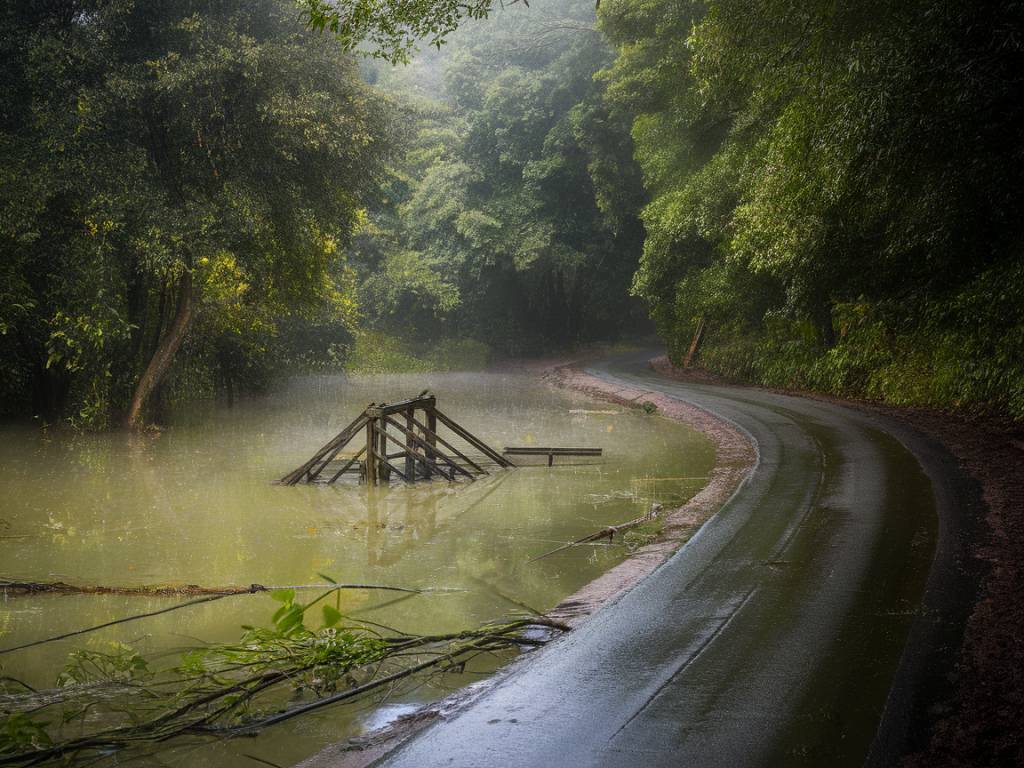As we navigate the complex landscape of conservation, a foundational question arises: How do we balance human needs with the imperative to protect our environment? This ethical dilemma sits at the heart of conservation efforts, prompting reflection and debate among scientists, policymakers, and communities worldwide. In this article, we delve into the nuances of this balance, exploring why it matters and how it can be achieved sustainably.
The Moral Imperative of Conservation
At its core, conservation is guided by a moral imperative: to preserve the natural world for future generations while nurturing a respect for all forms of life. This notion extends beyond personal conscience and into collective responsibility. Consider the case of the Galápagos Islands, where strategic conservation efforts have been essential in preserving the unique biodiversity of the archipelago. However, these efforts also exemplify the tension between tourism—a vital economic driver—and the need to protect fragile ecosystems.
Human Needs vs. Environmental Protection
Engaging with this ethical balancing act requires a deep understanding of both human and environmental needs. Humans depend on natural resources for survival, but excessive exploitation can lead to devastating ecological consequences. One illustrative example is the deforestation of the Amazon rainforest. While it provides land for agriculture and resources for global markets, this deforestation also threatens biodiversity and contributes to climate change.
Can We Have It All? A Look at Sustainable Solutions
What if we could meet human needs without compromising environmental integrity? Enter sustainable development—a philosophy that seeks to harmonize these seemingly conflicting priorities. Innovative strategies are being implemented around the globe, showcasing how humans can prosper while protecting nature.
- Agroforestry: This practice combines agriculture and forestry to create more productive and sustainable land-use systems. In countries like Kenya, agroforestry acts as a powerful tool against deforestation and land degradation while boosting local economies.
- Carbon Offsetting: By investing in renewable energy projects or reforestation programs, companies can offset their carbon footprints. This practice not only aids in mitigating climate change but also supports biodiversity.
- Eco-Tourism: Offering an alternative to conventional tourism, eco-tourism promotes sustainable travel options that benefit local communities and environments. Locations like Costa Rica showcase successful models where human recreation and wildlife preservation coexist peacefully.
The Role of Policy and Governance
Effective conservation requires robust policy frameworks and governance structures. Governments play a crucial role by crafting and enforcing regulations that protect natural resources while ensuring that local communities thrive. The creation of marine protected areas (MPAs) offers a concrete example. These areas are instrumental in safeguarding marine biodiversity and supporting fish populations—critical for both ecological health and economic stability in coastal regions.
Engaging Communities in Conservation Efforts
No conservation effort can succeed without the support and involvement of local communities. Community-based conservation empowers individuals to manage local resources responsibly, fostering a sense of stewardship and collective ownership. In Nepal, for example, community-led initiatives have been pivotal in increasing the population of endangered species like the Bengal tiger, demonstrating that when people take pride in their ecological heritage, conservation outcomes improve significantly.
The Future of Conservation: Ethical Considerations
Ethical conservation recognizes that the needs of people and ecosystems are intertwined. It’s an evolving dialogue, as the impact of climate change and growing population pressures continually reshape the conversation. As we look towards the future, key ethical considerations include:
- Equity: Ensuring that the benefits of conservation efforts are equitably distributed among different societal groups.
- Intergenerational Responsibility: Acknowledging our duty to leave a healthy planet for future generations.
- Biodiversity Preservation: Recognizing the intrinsic value of all species, beyond their utility to humans.
Ultimately, the ethics of conservation implore us to rethink our relationship with nature. It’s about striking a careful balance where both humanity and the environment can flourish—a goal that’s as challenging as it is necessary. As we continue to explore innovative models and deepen our understanding, one thing remains clear: the path toward a harmonious coexistence is illuminated not only by scientific inquiry but by ethical reflection.

